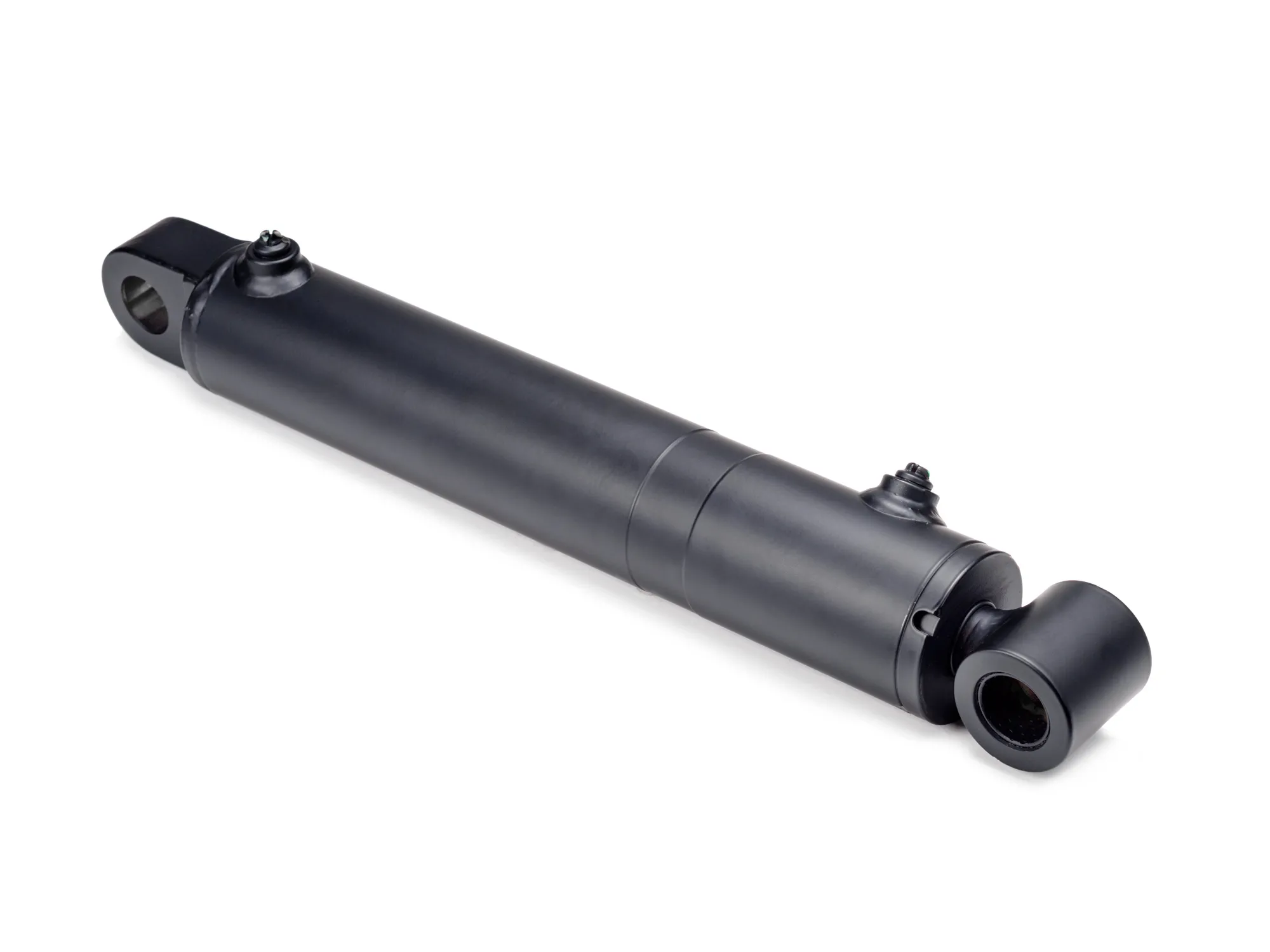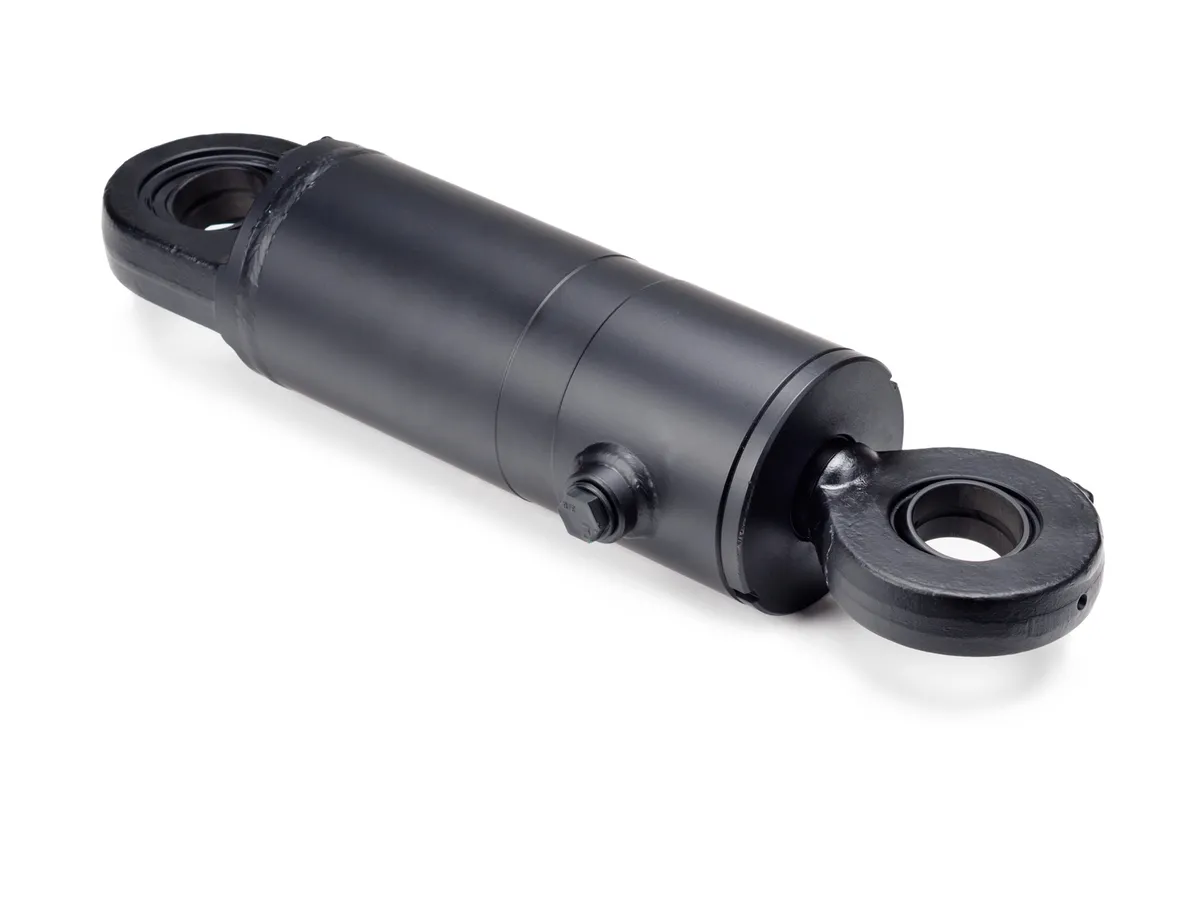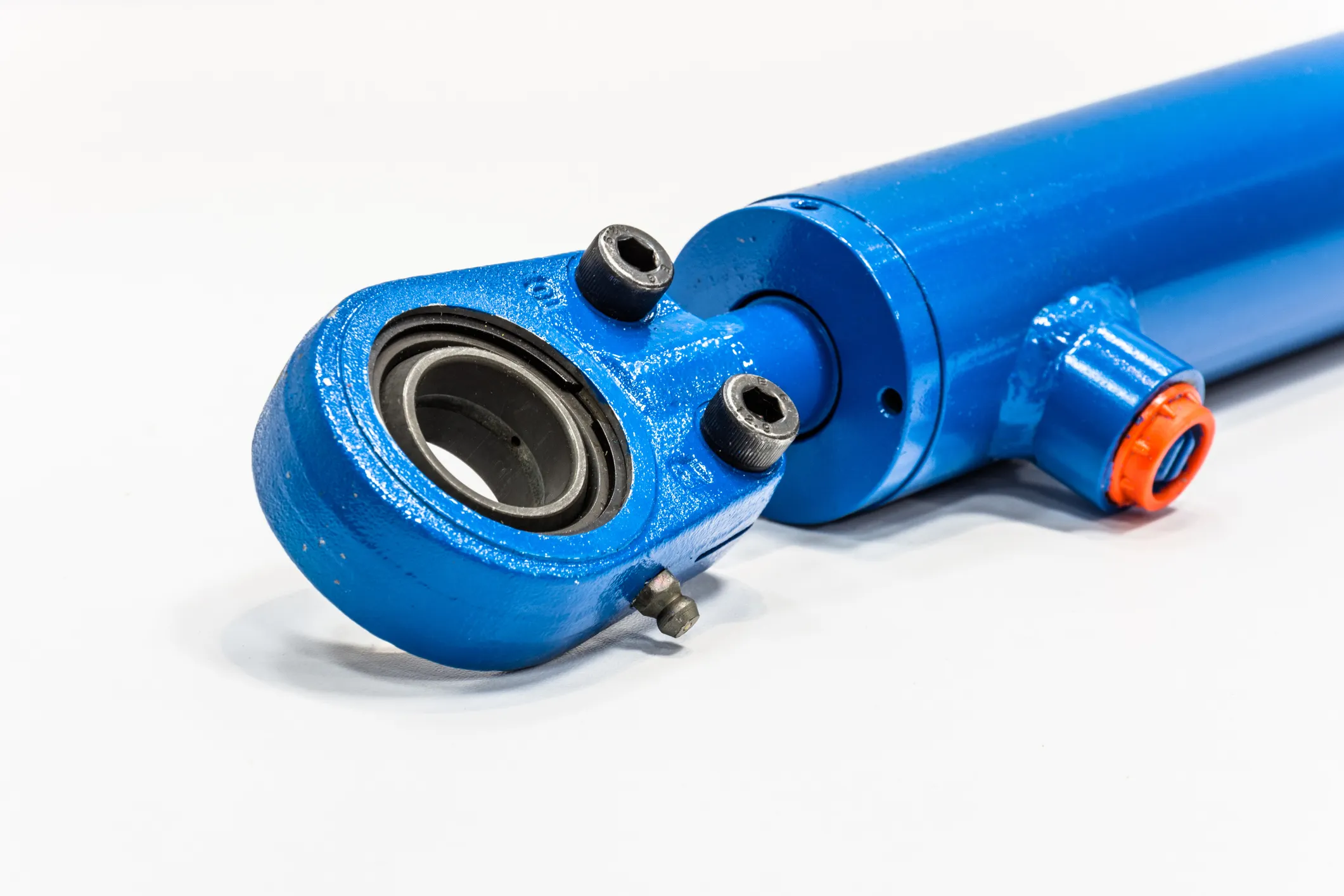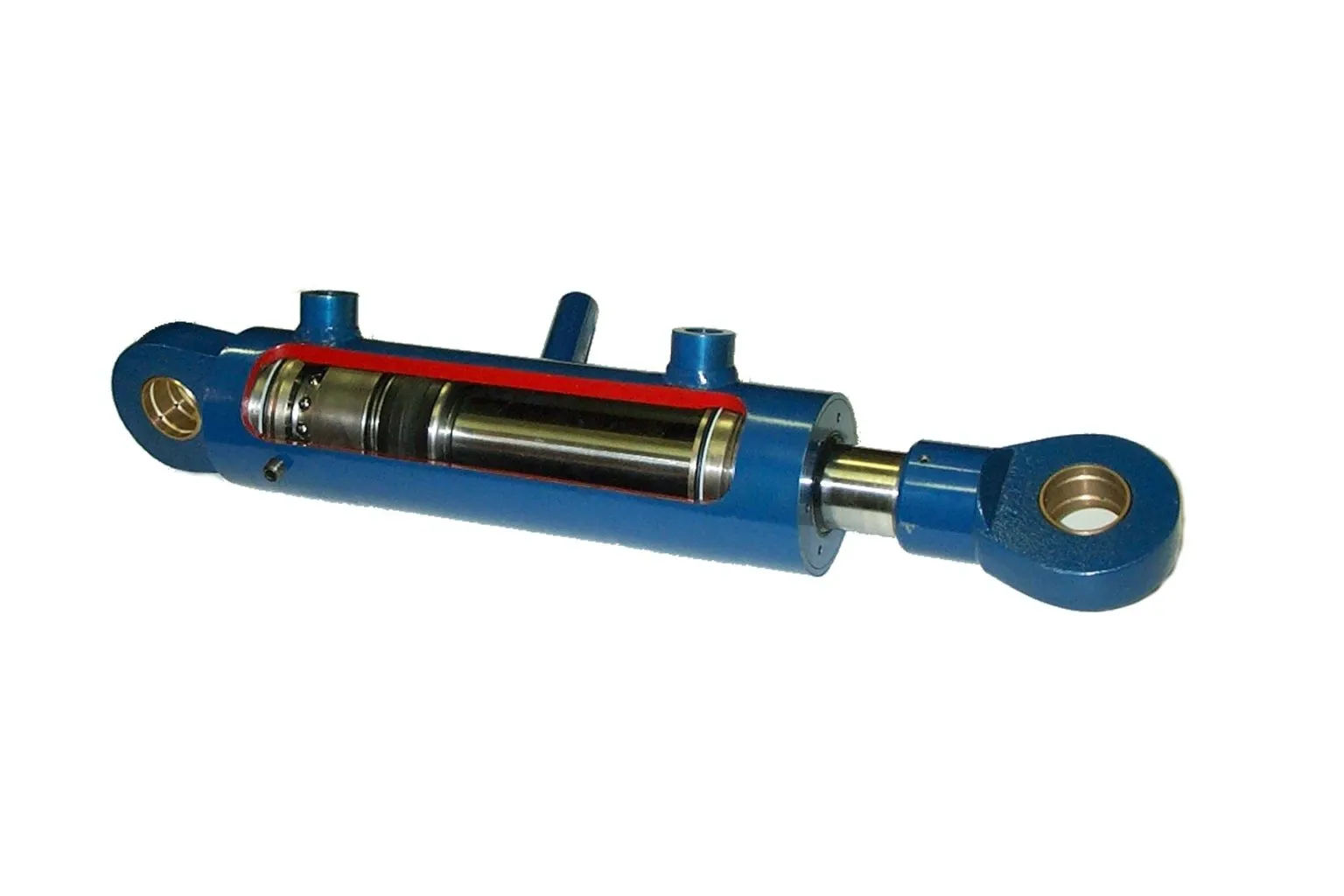Unlocking the Secrets of Locking Single-Acting Hydraulic Cylinders


Introduction to Locking Single-Acting Hydraulic Cylinders
The locking single-acting hydraulic cylinder is a specialized hydraulic device that operates under hydraulic pressure in one direction and has a locking function to prevent movement in the absence of pressure. This unique design ensures safety and stability in industrial machinery applications.
Design and Construction Characteristics
- Locking Mechanism – Safety: The main feature of the locking single-acting hydraulic cylinder is its locking mechanism, which keeps the piston in a safe position when hydraulic pressure is lost, preventing accidental retractions.
- Variety: The design of the locking mechanism can be customized for specific applications, using spring-loaded devices, pin locks, or other mechanical locks.
- Compact Structure – Space Optimization: These cylinders are designed to be compact and efficient, suitable for use in tight spaces and various equipment.
- Precision Manufacturing – High-Precision Machining: Components are machined with high accuracy to ensure proper fit and sealing, avoiding leaks.
Working Principle
The locking single-acting hydraulic cylinder operates by using a locking mechanism to prevent the piston from retracting under load when hydraulic pressure is lost. This ensures safety and stability in industrial applications.
Types and Configurations
There are three main types of locking single-acting hydraulic cylinders, each with its own unique configuration to suit different industrial machinery requirements.
Benefits
- Enhanced Security: The locking feature reduces the risk of accidents and improves operator safety.
- Reliability: These cylinders are designed to operate effectively under high loads and varying conditions.
- Simplicity: Easy to operate and maintain, making them user-friendly for a wide range of applications.
Application Scenarios
Locking single-acting hydraulic cylinders are commonly used in construction equipment, manufacturing, transportation, and aviation industries to ensure safety and stability in various operations.

Design Considerations and Selection Criteria
When choosing a locking single-acting hydraulic cylinder, it is important to consider factors such as bearing capacity, sealing, durability, safety, and maintainability to ensure optimal performance.
Sealing and Lubrication
Proper sealing and lubrication are essential for the maintenance of locking single-acting hydraulic cylinders. Various seals and wear-resistant materials are used to minimize wear and ensure smooth operation.
Regular Inspection and Maintenance
Regular inspection and preventive maintenance measures are crucial to ensure the long-term performance and reliability of locking single-acting hydraulic cylinders.
Installation Guide
Follow the correct installation procedures to ensure the proper functioning of locking single-acting hydraulic cylinders in industrial machinery applications.
Maintenance Tasks
Regular inspection, proper lubrication, seal replacement, and calibration inspection are key maintenance tasks to maximize the service life of locking single-acting hydraulic cylinders.
Safety Considerations
Adhering to safety measures and considering environmental factors are essential when using locking single-acting hydraulic cylinders in industrial settings.
Fault Diagnosis and Common Problems
Understanding common issues and troubleshooting tips can help diagnose and resolve problems with locking single-acting hydraulic cylinders efficiently.
Unit Power
The unit power of locking single-acting hydraulic cylinders is influenced by factors such as cylinder diameter, stroke, operating pressure, piston speed, and load conditions.
Optimizing Power Unit
Optimizing the power unit of locking single-acting hydraulic cylinders can improve efficiency, save energy, and enhance reliability in industrial machinery applications.
FAQs
Here are answers to common questions about locking single-acting hydraulic cylinders:
- How does the locking mechanism work? The locking mechanism prevents piston retractions under load when hydraulic pressure is lost.
- What are the main components? Components include the piston, locking mechanism, seals, and hydraulic fluid.
- What advantages do they offer? Locking cylinders enhance safety, reliability, and efficiency over standard cylinders.
Long-Tail Keywords
- Long-Tail Keyword 1: Explained in detail to enhance understanding and search engine visibility.
- Long-Tail Keyword 2: Provides additional context and relevance for specific queries.
- Long-Tail Keyword 3: Optimized for targeted search results and user engagement.
Our Company

We are a leading hydraulic cylinder replacement manufacturer, offering a complete product line and customized services for industrial machinery applications. With international certifications and a commitment to quality, we provide reliable solutions and exceptional after-sales support.
Author: lyl
